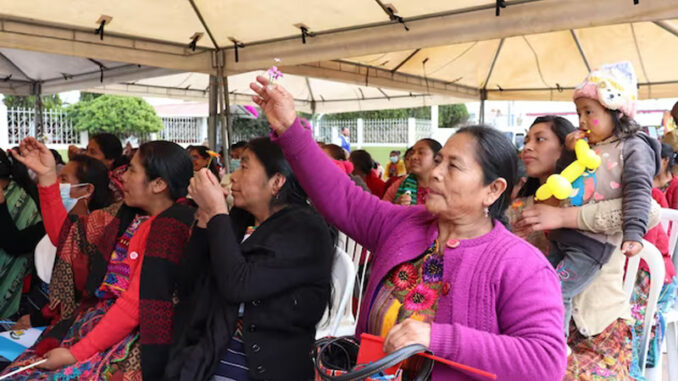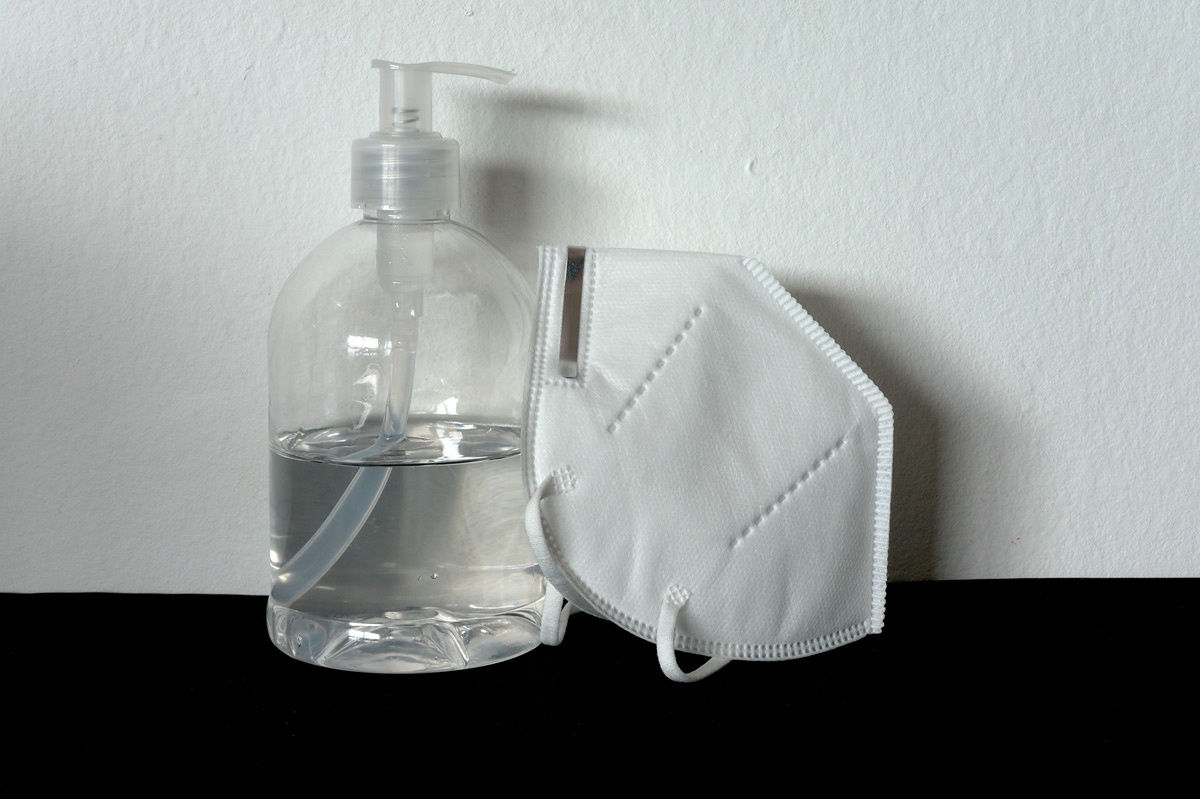
Paloma Martínez Méndez
Women who flee or migrate are at a greater risk than other migrants. A new partnership between Canada, the International Organization for Migration (IOM) and the Office of the United Nations High Commissioner for Refugees (UNHCR) aims to provide them with greater autonomy and safety in violent situations.
When announcing this initiative, which will provide healthcare and educational services to women displaced due to violence, the Ambassador of Canada to Guatemala said that women and girls face specific obstacles that endanger their physical, economic and social well-being
when migrating.
Canada would like to offer assistance in mitigating these risks by partnering with […] affected communities, government institutions, civil society and our strategic partners, the IOM and the HCR
In an interview with Radio Canada International (RCI), Mélanie Gallant, Director, Communications and Government Relations at UNHCR Canada, said that over 1 million people in Central America have been displaced from their homes, and some are forced to travel in dangerous conditions to the northern part of the continent.
According to Gallant, women and children who flee or migrate can be even more exposed [to danger].
Central American women and girls continue to face some of the highest levels of gender-based violence and inequality in the world. […] The Canadian-funded project was launched in Guatemala but will also provide assistance to UNHCR Canada and the IOM with initiatives in communities in El Salvador and Honduras.
Gallant also said that many people are displaced in their own or neighbouring countries.
She explained that communities in the region are doing their best to accommodate those who are forced to flee or migrate despite facing challenges of their own.
Gallant believes that this new partnership between Canada and UN entities will help displaced women and girls get assistance, services and support to improve their well-being in order to become more autonomous and contribute to their host communities.
We will also work together to address gender-based violence,
she said. Gallant explained that thousands of people have been able to resume normal lives, but the number of people seeking safety exceeds the capacities of the host communities, straining already limited resources.
According to the IOM, this initiative will have a particularly significant impact on the well-being of Indigenous Mayan women. For example, in Guatemala, initiatives will be implemented in the municipalities of Santa Apolonia, Chimaltenango, Santa Cruz la Laguna, Sololá and San Miguel Chicaj, Baja Verapaz.
In those communities, work will be coordinated with local authorities, government institutions and social and community organizations that have expertise in migration processes, women’s rights, health, culture, work, and other areas.
At the IOM, we want to tip the scales in favour of women and girls so they can achieve well-being and have better development opportunities, as well as to promote safe, violence-free environments so they are no longer exposed to the risks and dangers of irregular migration.



